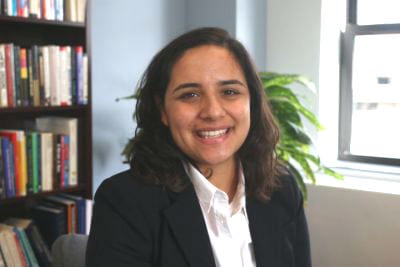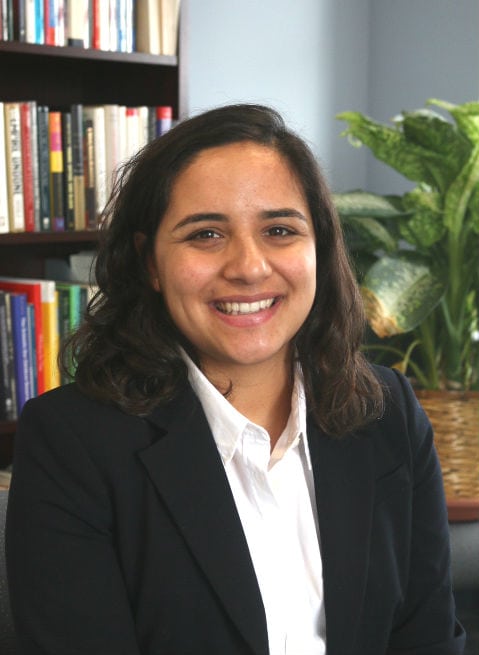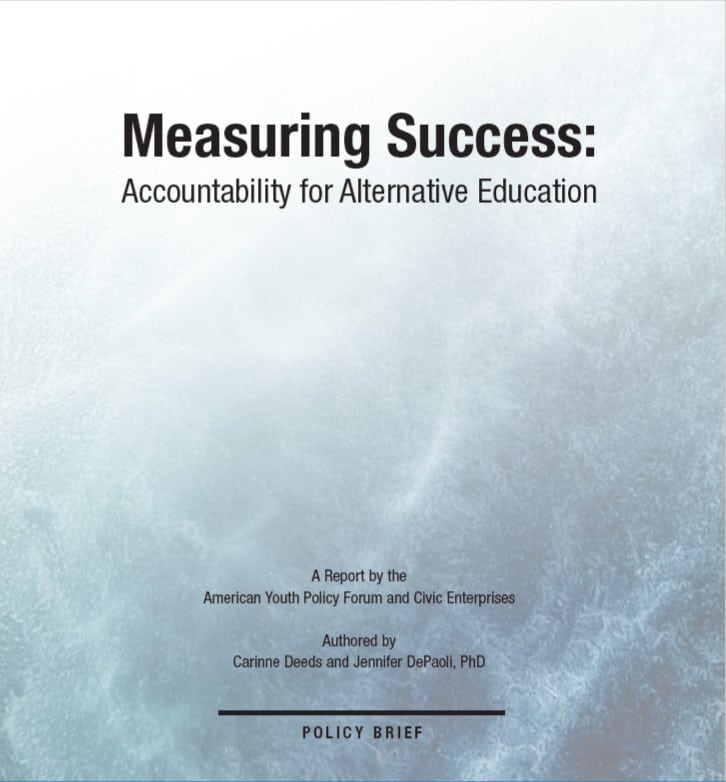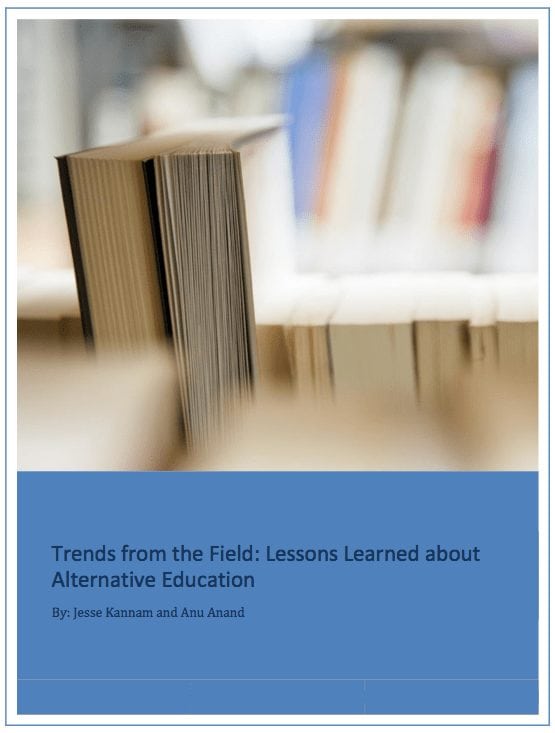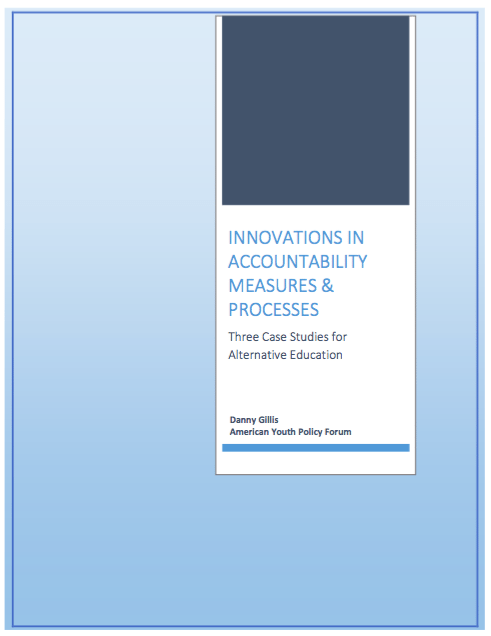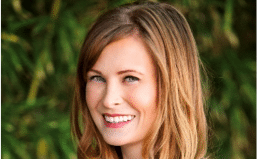Is this your first time exploring alternative education? Have you spent years dedicated to supporting students served in alternative settings? Or do you lie somewhere in between? No matter how you interact with the field of alternative education, or what stake you have in these issues, I’m happy you are here. There is a lot to unpack, so let’s dive in!
Over the past few years AYPF has spent immense amounts of time dedicated to unpacking what alternative settings look like and how they are defined, what alternative settings do well, areas for improvement, opportunities to innovate, and issues requiring further inquiry. Through working closely with numerous states, along with national and local experts, AYPF has continued to build a knowledge base around this topic, and been challenged by thought partners into the complexities of creating and supporting high quality pathways for students served in alternative settings. Among many other things, collaboration with state leaders has expanded our understanding of the nuances in policy that often get overlooked. Additionally, discussion with school leaders and students has offered perspectives on how to encourage student-centered conversations in the development of programming and accountability systems.
Since the passage of the Every Student Succeeds Act (ESSA) in 2015, AYPF has taken a particular interest in the opportunity the new legislation provides for states to examine the role of alternative settings in ensuring educational pathways and success for all students, and how accountability can promote and ensure quality and continuous improvement in these settings. As mentioned by my colleague Jenna in her recent blog post about youth educated in juvenile justice facilities, accountability is complex, is often viewed as primarily punitive, and can be met with hesitation especially in how it relates to alternative settings or settings in juvenile justice facilities. Yet accountability can also be a way of ensuring all students receive quality educational opportunities, by identifying which schools are successful in providing those opportunities and which need work. Accountability can provide a process for how resources, attention, and support can be allocated for continuous institutional and systemic improvement. We’ve learned that states approach accountability for alternative settings in diverse ways–at federal, state and local levels, through a variety of mechanisms that are sometimes modified from traditional forms of accountability. Additionally, how states approach accountability for these settings under ESSA differs, and while ESSA has prompted some to reevaluate alternative education and consider accountability for this subpopulation in their state, for others it’s a lever and support for already existing work. Here are a few recent and upcoming resources that explore these issues more deeply:
Policy Brief: Measuring Success: Accountability for Alternative Education
This brief, by Civic Enterprises and AYPF, aims to address four key opportunities states have both within and outside of ESSA to better understand and ultimately improve alternative education:
- Definition: What is alternative education?
- Accountability System: What structures can be put into place to ensure alternative settings are appropriately held accountable?
- Accountability Measures: What measures can states consider that accurately reflect the quality of alternative education?
- Continuous Improvement: How can states use accountability for alternative settings as a tool for continuous improvement?
Webinar: Trends and Opportunities in Accountability for Alternative Education
This February 20, 2018 webinar provides an opportunity to engage with presenters tackling accountability in alternative education. The event will feature Dr. Jennifer DePaoli, Senior Research & Policy Advisor at Civic Enterprises and co-author of Measuring Success and Dr. Julie Magee, Director of Accountability at the Wyoming Department of Education. Additionally, I will be presenting on behalf of AYPF on the state scan our organization has conducted to understand trends in how states have approached alternative education before the implementation of ESSA.
Register here to tune in and join the dialogue!
Information Hub: Alternative Education Information Hub
Discussion of alternative education is growing across the country as states and districts look for ways to better serve students whose needs are not met in traditional school settings. This page features both AYPF resources, as well as a collection of partner resources.
A few featured resources include:
Trends from the Field: Lessons Learned about Alternative Education
The brief summarizes lessons learned from work with key stakeholders, including:
- One Size Doesn’t Fit All
- Opportunities Exist for Innovative Academic and Career Preparation and Credentials
- It Is Possible to Balance Rigor and Flexibility
- Accountability Exists at Multiple Levels
- Nuances Matter
- More Research on Accountability for Alternative Education is Needed
- Lessons from Alternative Education Can be Applied to All Settings
Innovations in Accountability Measures: Three Case Studies for Alternative Education
These three short case studies provide a deeper look into accountability across the country, including how accountability can be relevant for alternative settings. The case studies feature strategies in Wyoming, Georgia, and Louisiana.
If there are any other resources you think should be on this page or that you suggest we explore, please reach out to me at jkannam@aypf.org!


